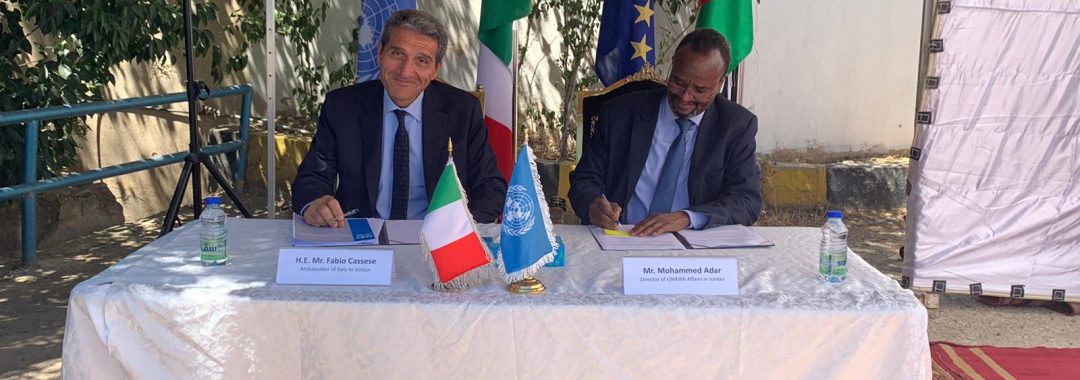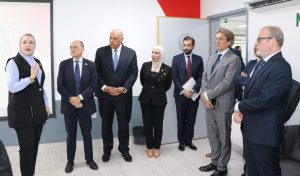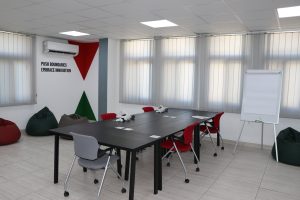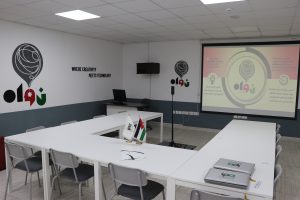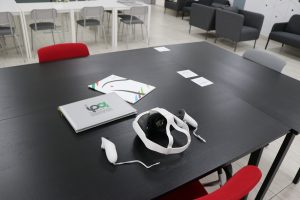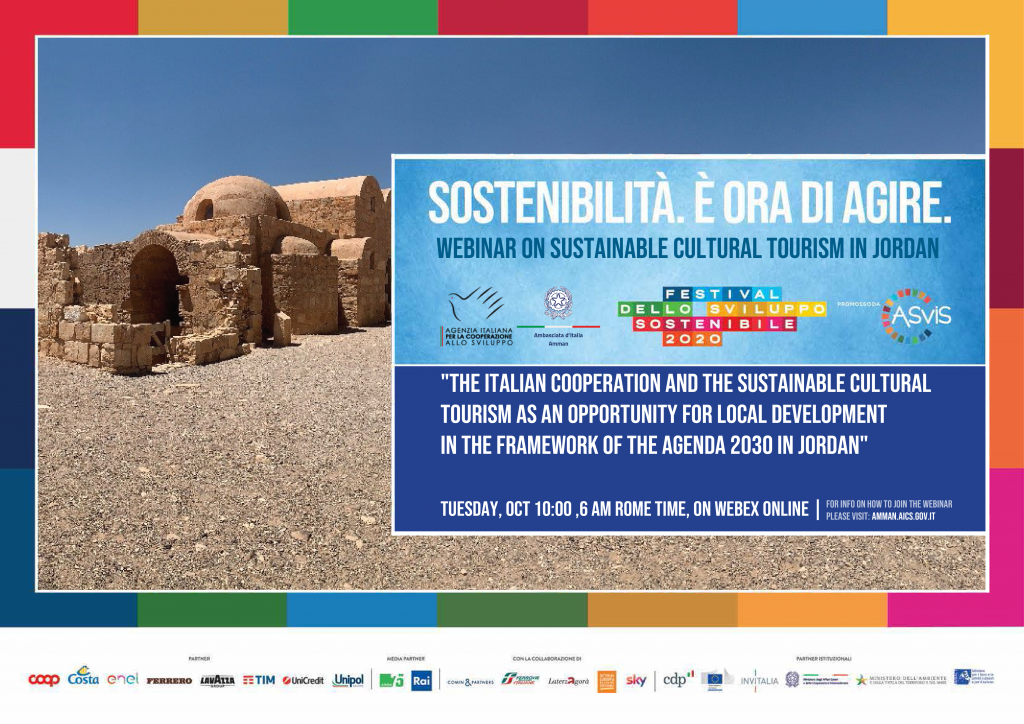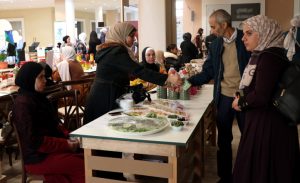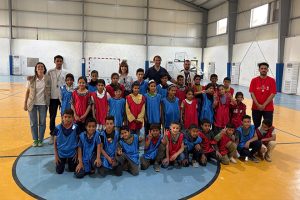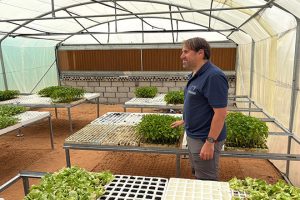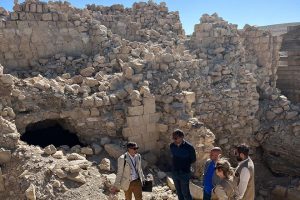Amman, 9 July 2020 – The Ambassador of Italy to Jordan, H.E. Mr. Fabio Cassese and the Director of the United Nations Relief and Works Agency for Palestine Refugees in the Near East (UNRWA) in Jordan, Mr. Mohammed Adar, signed on 9 July 2020 an EUR 1.5 million contribution to support to UNRWA health programme in Jordan. Financed by the Government of Italy through the Italian Agency for Development Cooperation (AICS), this project will ensure uninterrupted access to medical services provided at the UNRWA Nuzha Health Centre for over 85,000 Palestine refugees living in the area. The project will also ensure that the more than 17,500 Palestine refugees from Syria (PRS) in Jordan, including individuals residing in King Abdullah Park, will continue to receive adequate health care including primary, secondary and tertiary services over the next two years.
The signing ceremony, held at the UNRWA Nuzha Health Centre, in north Amman, was attended by the Italian Ambassador to Jordan, H.E. Fabio Cassese, First Secretary of the Italian Embassy, Ms. Valeria Romare, Head of AICS Amman Office, Mr. Michele Morana, AICS Head of Humanitarian programmes, Mr. Antonio Bottone and H.E. Eng. Rafiq Khirfan, Director-General, Department of Palestinian Affairs (DPA).
Speaking at the ceremony, H.E. Ambassador Cassese said: “With this new funding the Italian Government confirms its support to Jordan’s efforts in favour of the most vulnerable people.” The Ambassador also referred to the continued endeavour of Italy in response to the refugee crisis and in sustaining the health sector. “The Italian Government’s grant is aimed to support the assistance activities provided by UNRWA to a population affected by the prolonged crisis and a protracted displacement, in line with Italy’s contribution to global health based on the principles of universal and equitable access to care,” he said.
Expressing satisfaction of the favourable development of the Italian Cooperation’s input in providing assistance to Palestine refugees displaced by the Syria crisis to Jordan, AICS Amman Director Michele Morana highlighted the relevance of the new partnership with UNRWA in Jordan, and added: “The situational status of PRS now living in their second host country results in vulnerability issues affecting PRS around access to economic opportunities, livelihoods and healthcare. Through this initiative, the Italian Cooperation intends to foster the resilience of Palestine refugees through improved accessibility and availability of healthcare services.”
The Director of UNRWA Affairs in Jordan, Mr. Mohammed Adar expressed his gratitude by saying: “On behalf of UNRWA, I thank the Government of Italy for their generous support towards our health programme in Jordan at this time of great need. This contribution will help us ensure the provision of health care which directly contributes towards the human development of Palestine refugees, including Palestine refugees from Syria.”
UNRWA operates a network of 25 health centres and four mobile dental clinics in Jordan, offering comprehensive outpatient primary health care to some 2.2 million registered Palestine refugees in Jordan.

